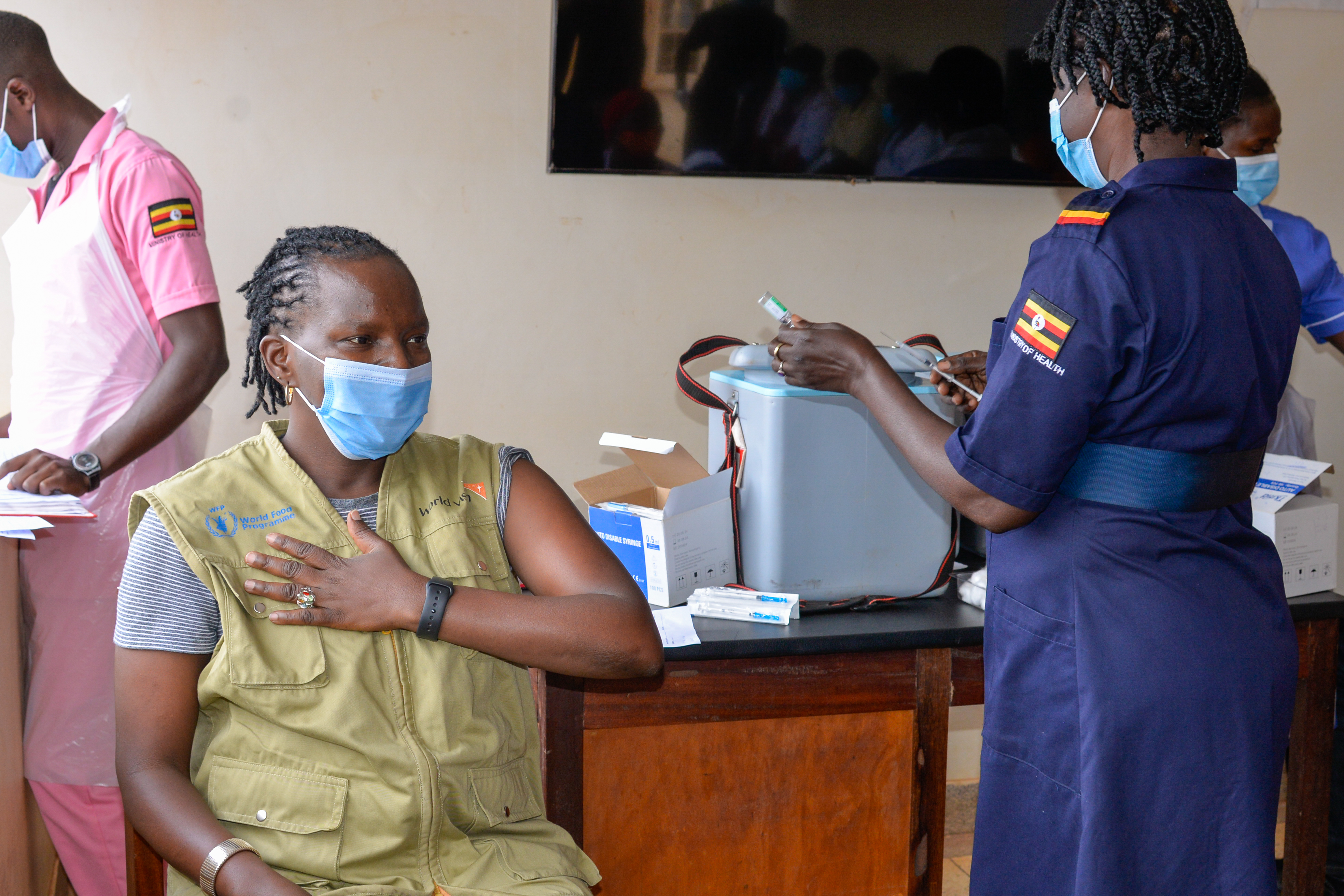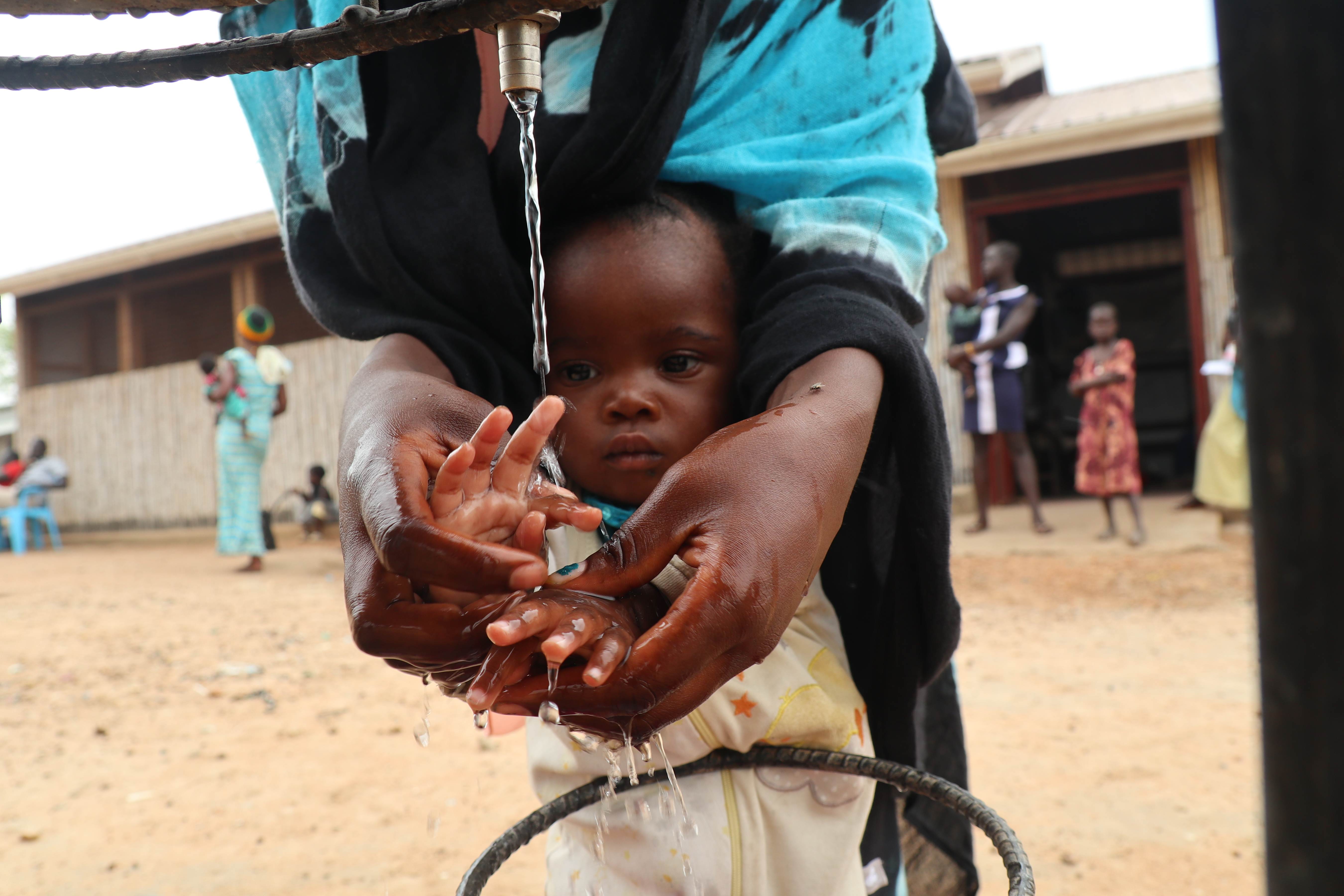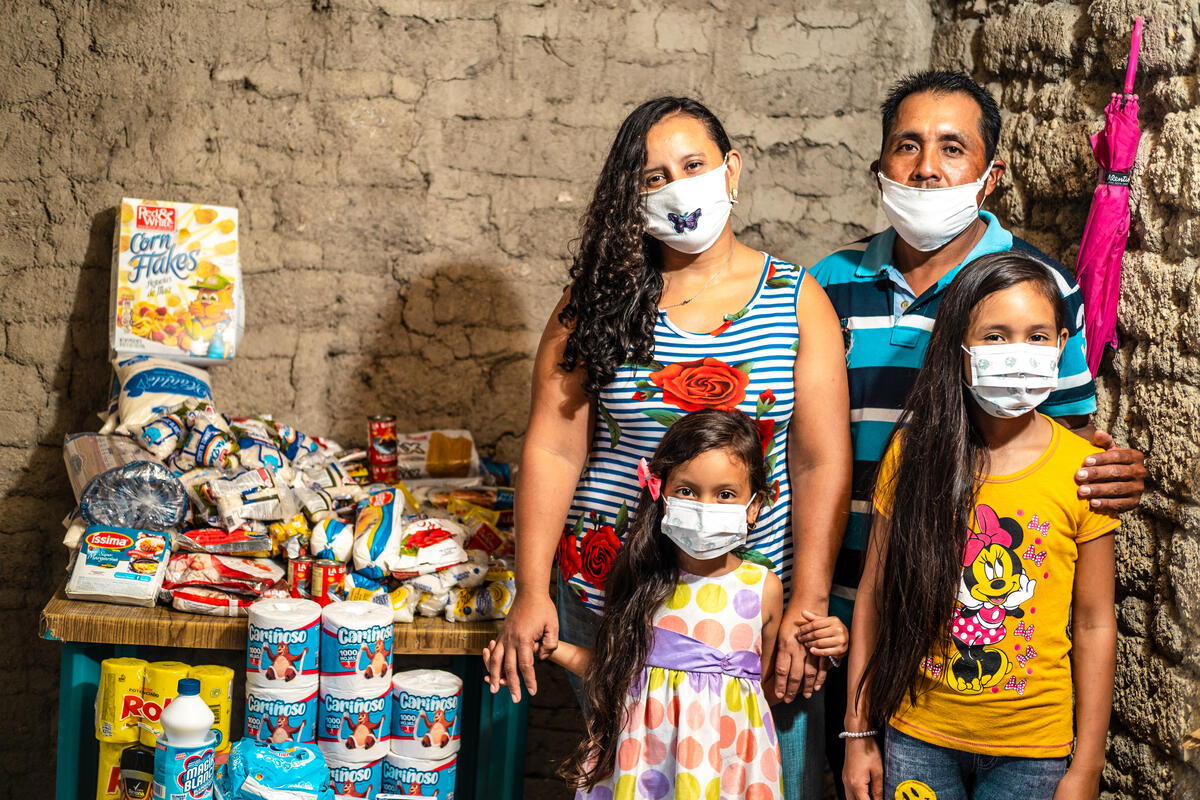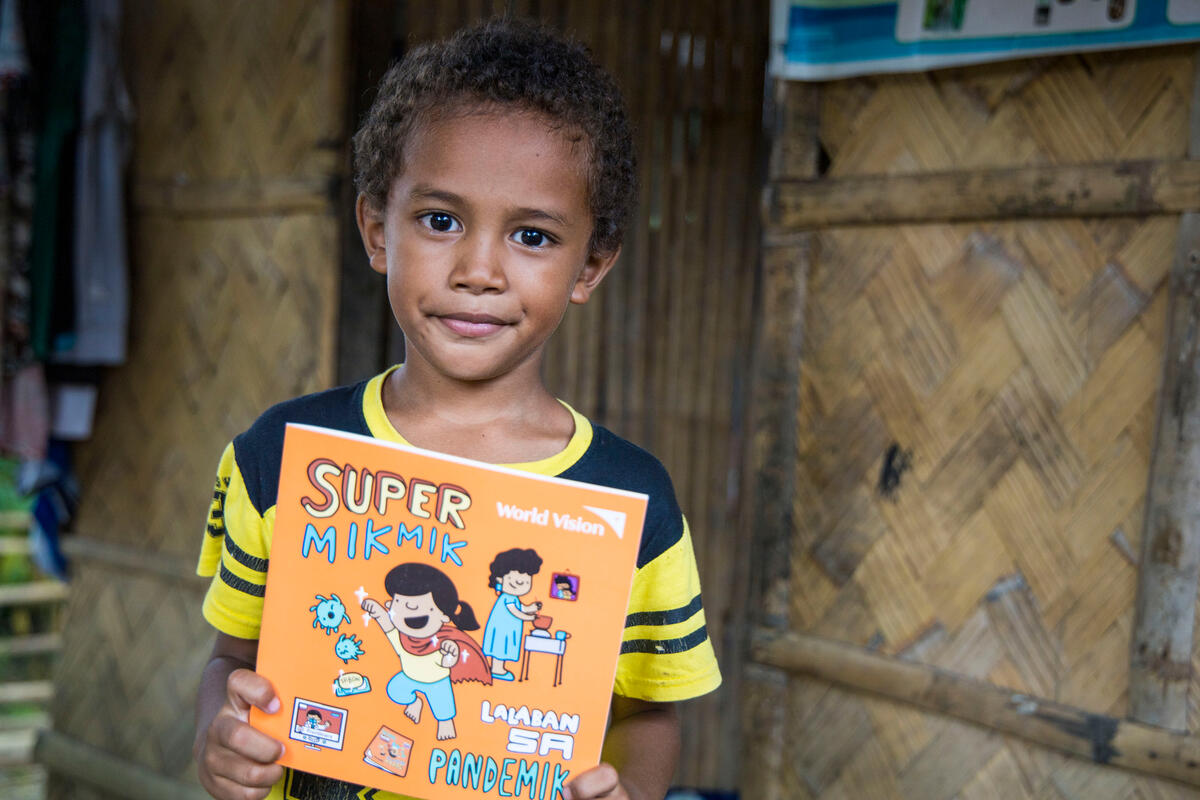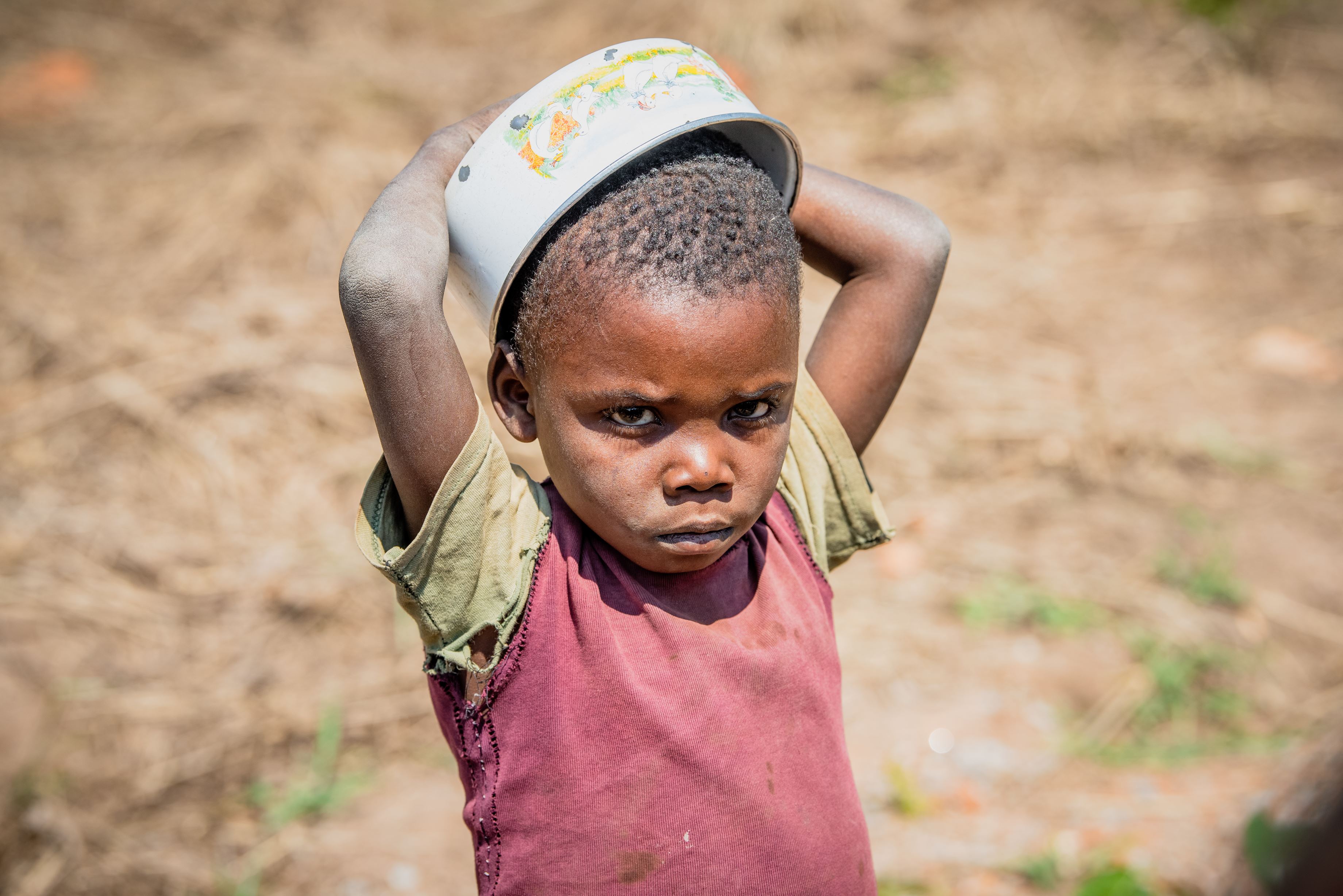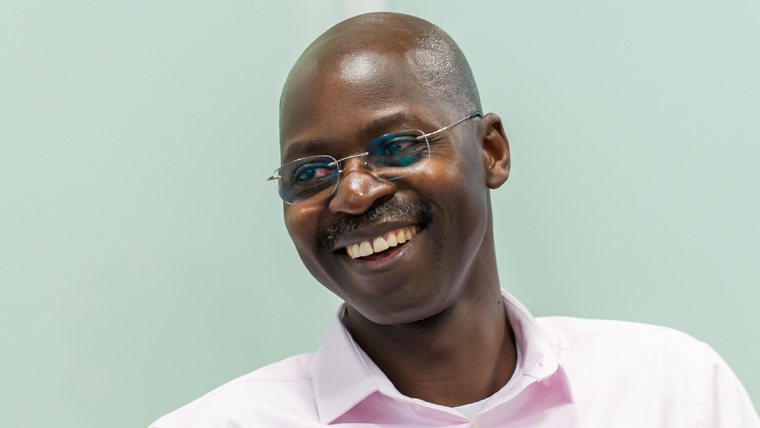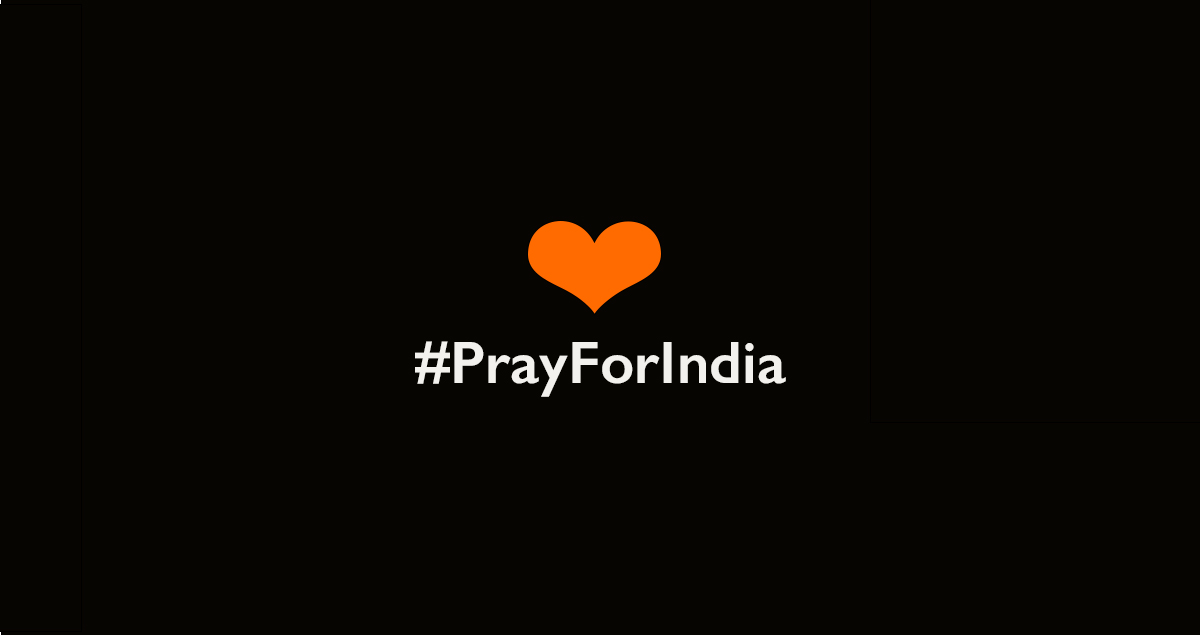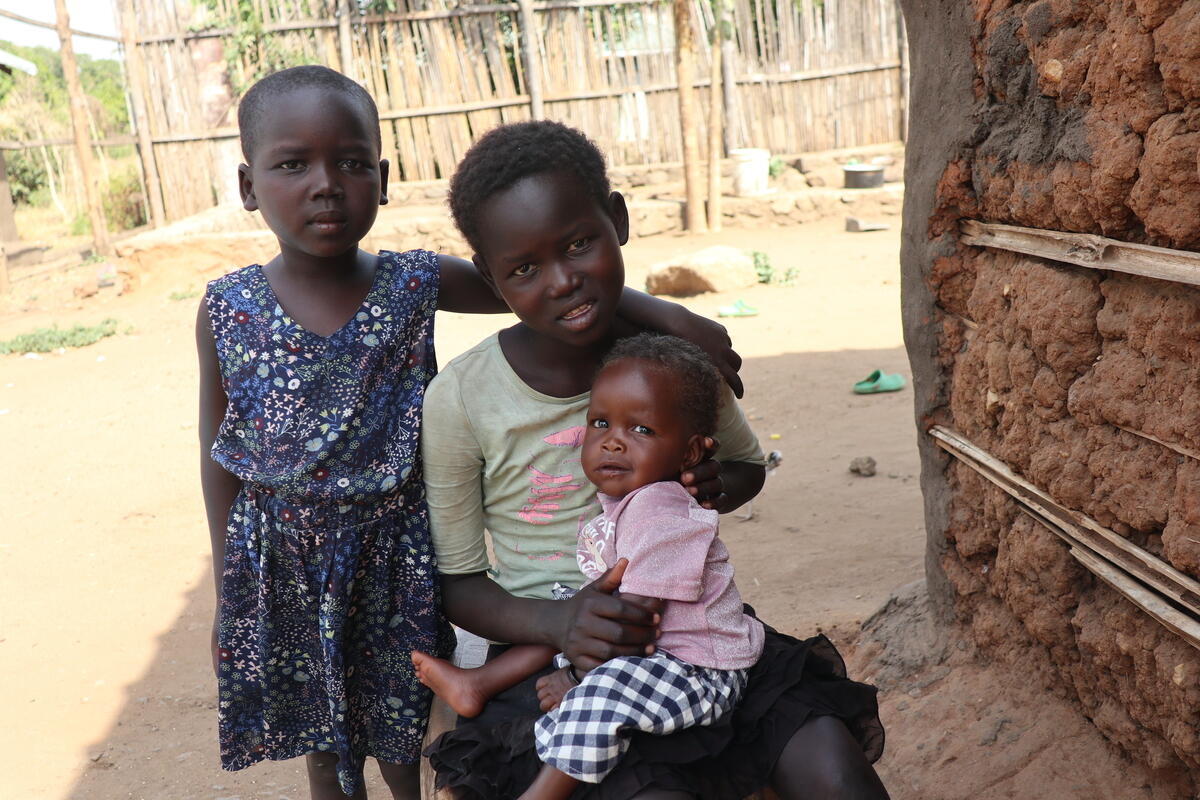
Vaccines Bring Hope for All
"We have been combating COVID-19 since early 2020. Many Cambodians have lost their jobs and daily incomes because of the community outbreak and children have been suffering due to food shortages and school closure.
"Being a field staff of World Vision, I am so proud to be part of the community to get through this difficult situation together. We have been working closely with the local authorities and health centres to raise awareness of how to protect oneself from COVID-19 and ensure that low-income families have access to social protection services and take good care of their children during school closure. My team has responded to people’s emergency needs through direct cash transfers and food relief. Providing hope where there was none.
"In February, the first batch of COVID-19 vaccinations arrived in Cambodia and raised public attention. People had been waiting for the vaccines for months. My local colleagues have been working closely with the Ministry of Health, UNICEF, the World Health Organisation, and other NGOs in an effort to support vaccination deployment.
"Being a frontline staff member in Borei Chulsa, Takeo province, I had the privilege to be vaccinated. I firmly believe that vaccines must be equitably distributed and provided to the most vulnerable groups. My team and I work daily to promote awareness about the vaccines in local communities so together we can get on top of COVID-19 soon.
"I am sure that vaccines will enable communities to thrive as before, children will be able to return to school, the most vulnerable families will be able to get back their jobs and make daily income, and people in general will be able to focus on their livelihood rather than being fearful of the virus.
"Through the COVID-19 response of World Vision International Cambodia, over one million people including 525,000 children are benefiting from education support, child protection, health promotion, cash transfers, and direct food distribution."
- Siney Lay, Area Programme Manager in Borei Chulsa district, Takeo province.

